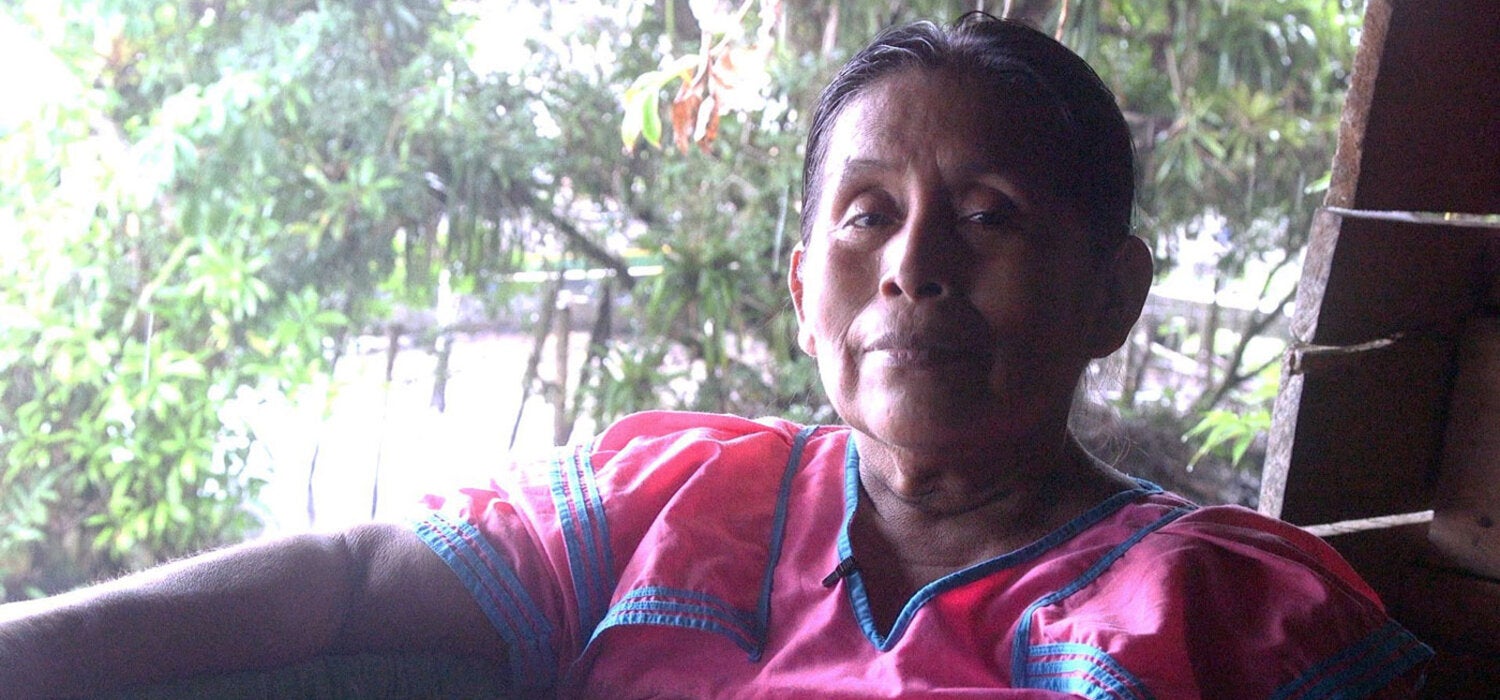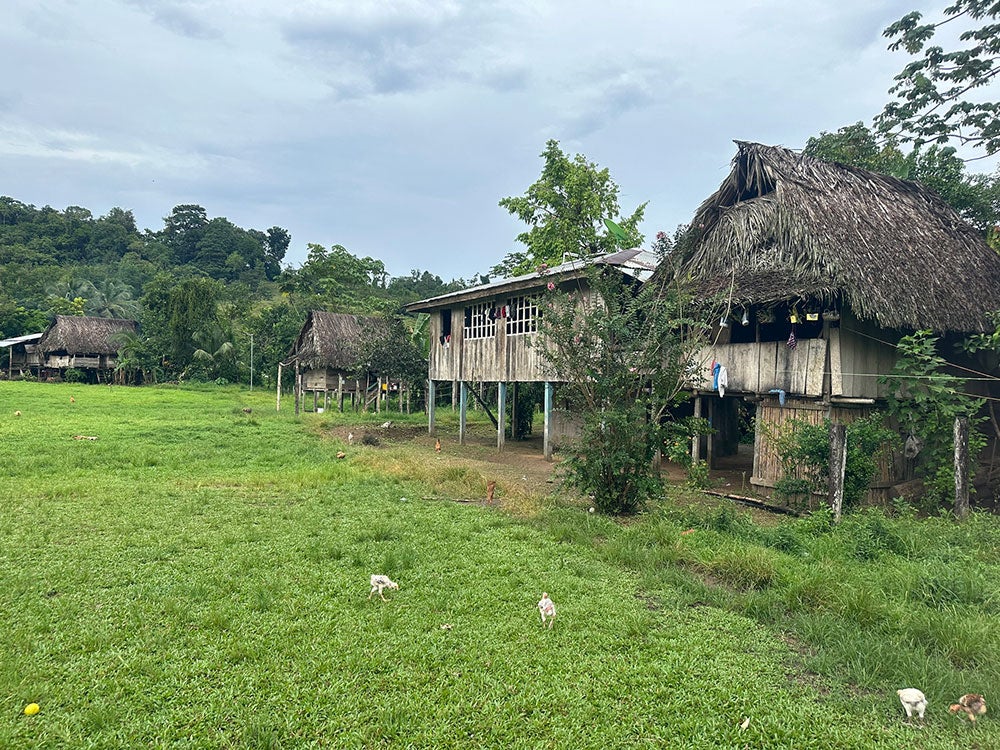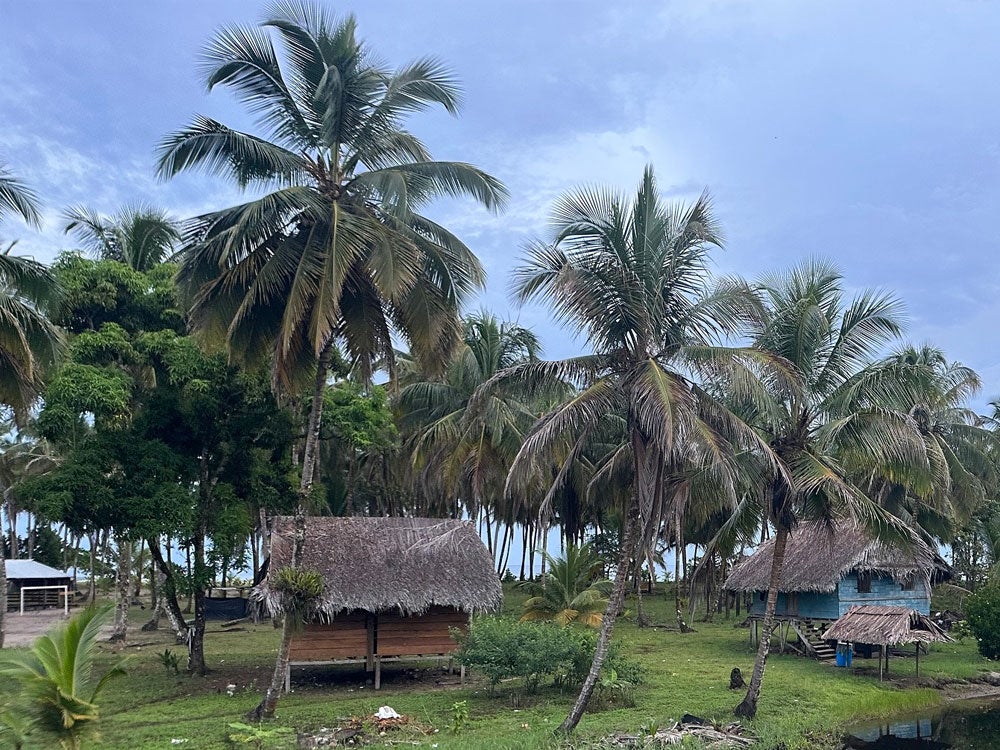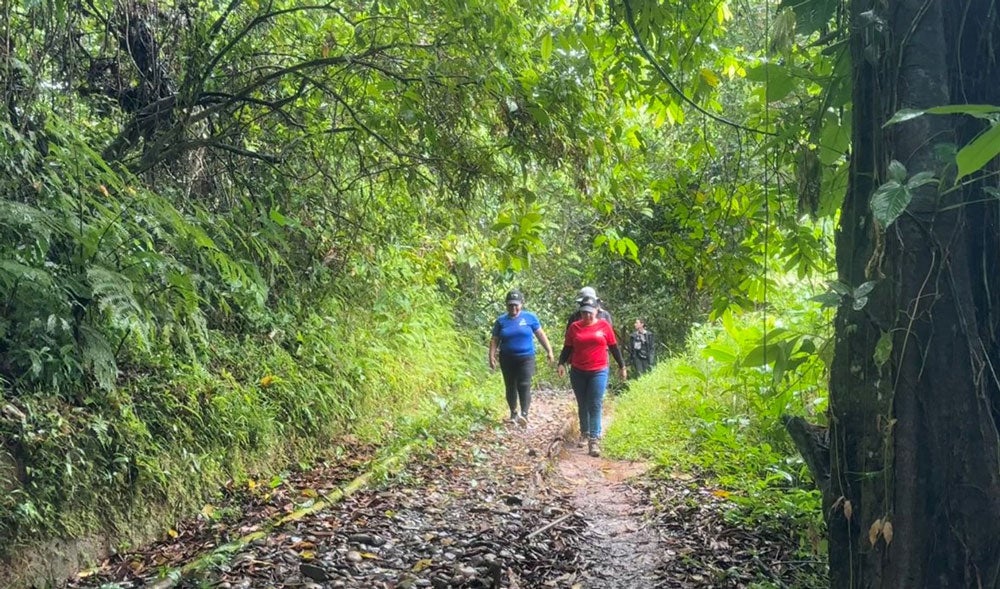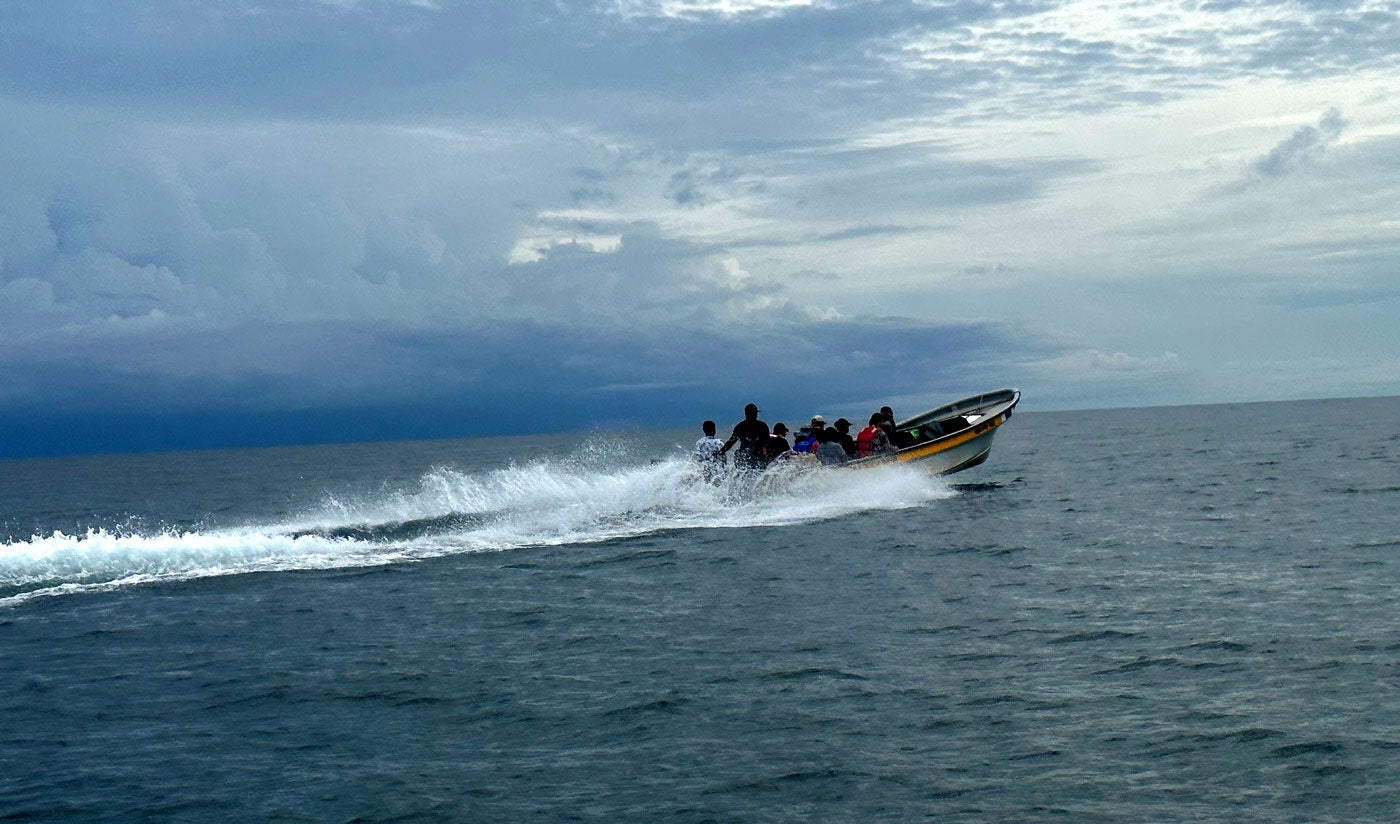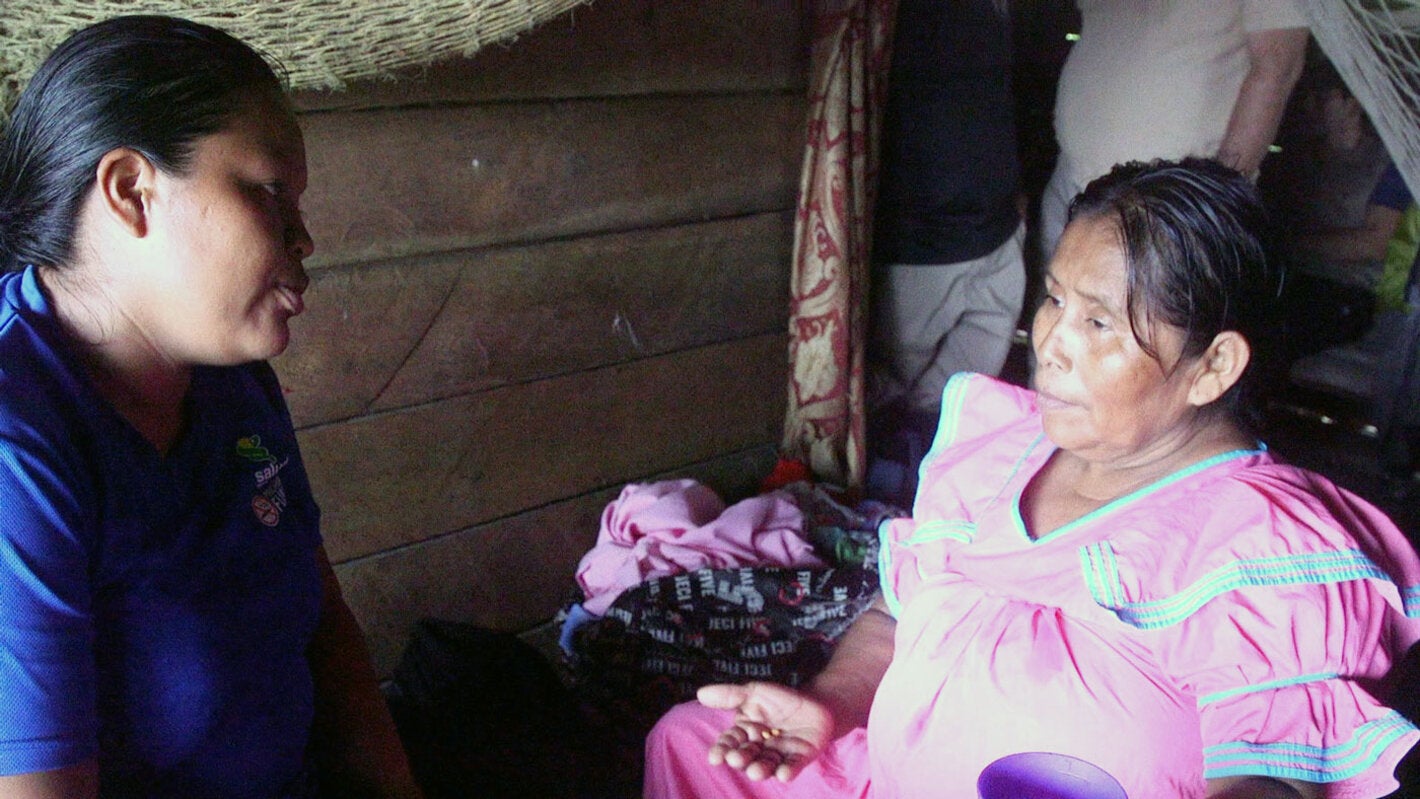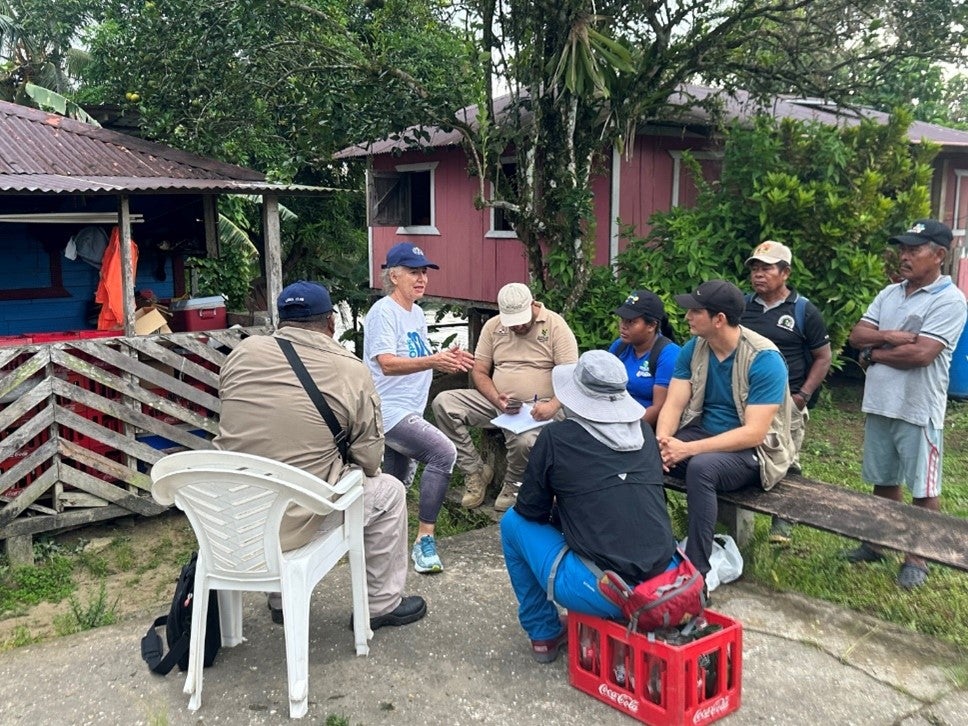“Community collaborators are a fundamental part of Panama’s malaria elimination strategy because they are immersed in the community, speak the language, are trusted and can empathize with the local people,” Gloria Henao, International Consultant on Malaria at PAHO said.
“PAHO supports the training of these workers and provides them with the tools they need to perform diagnostic tests and record cases in a timely manner.” The Organization also facilitated the donation of antimalarial medicines and rapid diagnostic tests during a stock-out of these items in 2022.
“Thanks to their skills and leadership, colcoms are able to provide diagnosis and treatment to their community in places where we lack a physical health center,” Dr. Carmen Perez, Head of the Ministry of Health of Panama’s Vectors Department said. “But it is vital that we sustain this initiative beyond the current malaria outbreak.”
Towards malaria elimination in Panama
Malaria is a disease caused by parasites of the genus Plasmodium, which are transmitted to humans through the bite of infected Anopheles mosquitoes. The disease is prevalent in tropical regions, and symptoms can range from mild, such as fever and headache, to severe forms with a risk of death.
The PAHO Elimination Initiative, which seeks to put an end to more than 30 communicable diseases, including malaria, calls on countries to reinforce surveillance, and to implement innovative solutions to tackle and prevent outbreaks, including the use of rapid tests in the community.
“One of the challenges we face when working towards elimination is to address communities in a more organic way – working with them and making them an integral part of diagnosis and response. In Panama, the colcoms are a key part of this,” Dr. Ana Riviere-Cinnamond, PAHO/WHO Representative in Panama said.
In the Region of the Americas, thanks to evidence-based interventions, Argentina, Belize, El Salvador and Paraguay, have successfully eliminated the autochthonous transmission of malaria in their countries.
“If we continue to move forward like countries that have eliminated malaria, it will not only be a win for Panama but for the Region as a whole,” Dr. Ivette Berrio, Vice Minister of Health of Panama added.
“Involving the communities themselves is a crucial part of this.”

